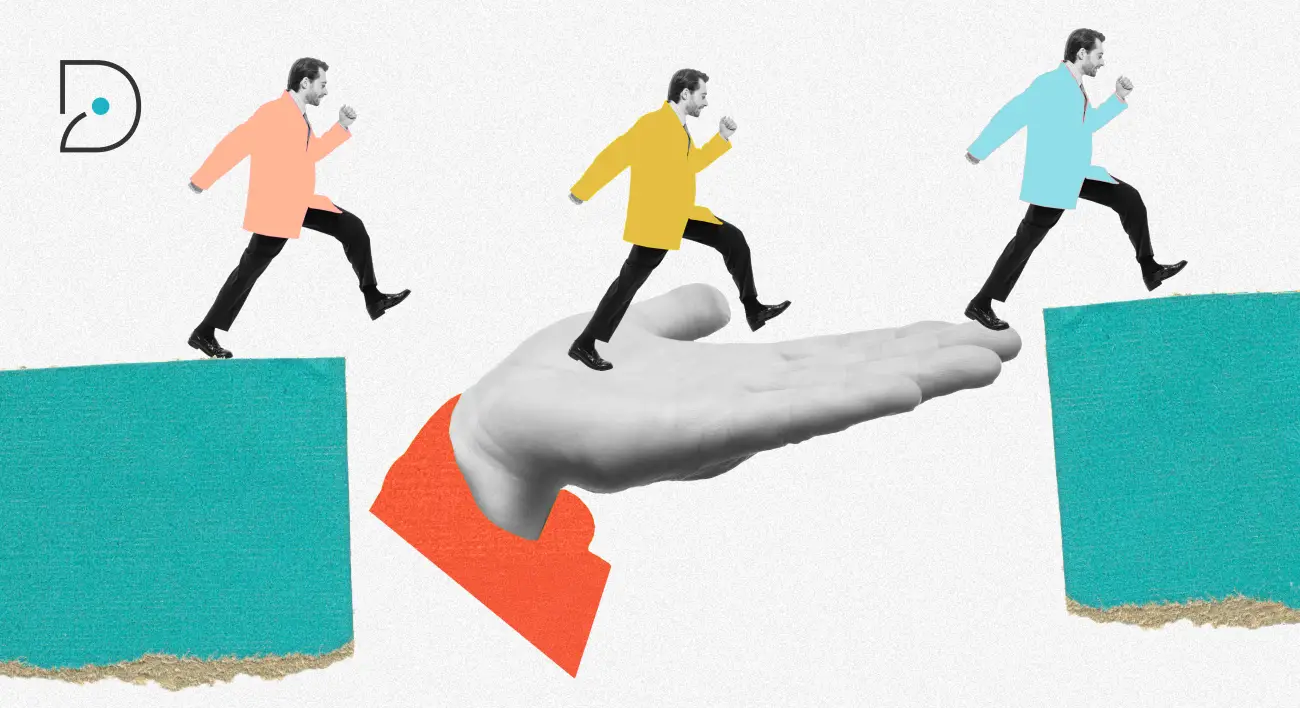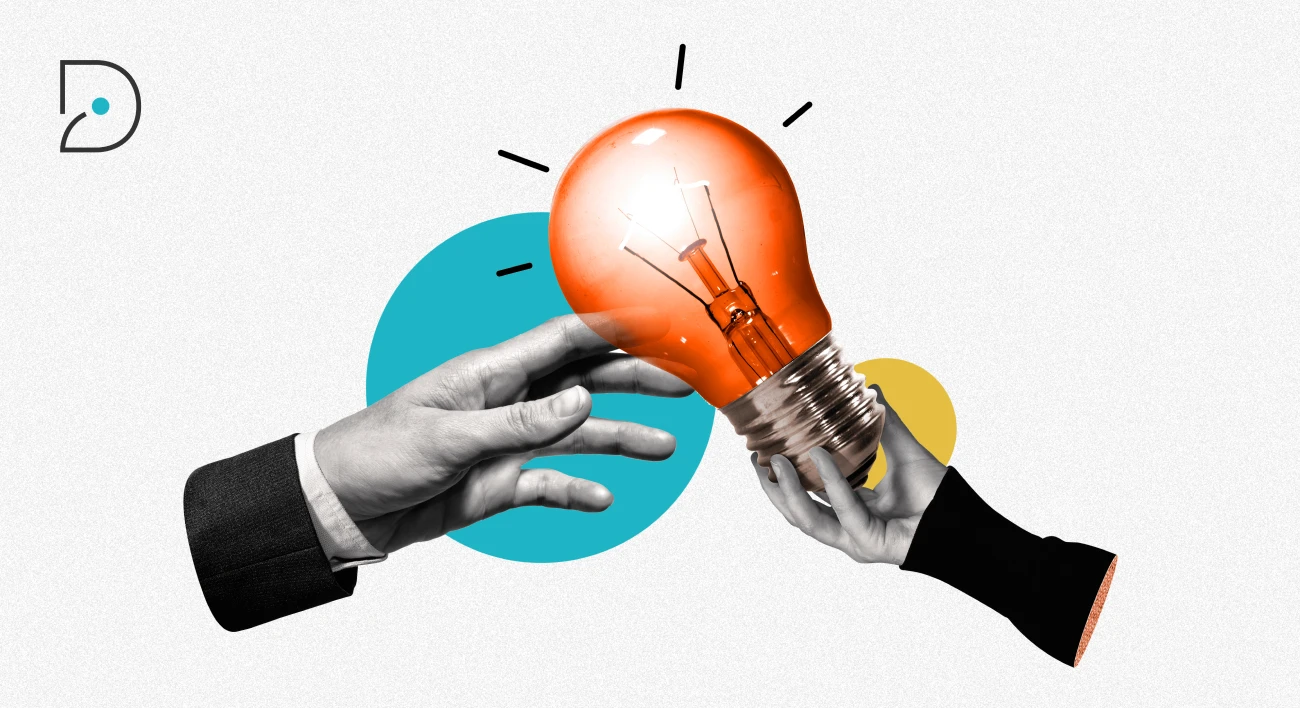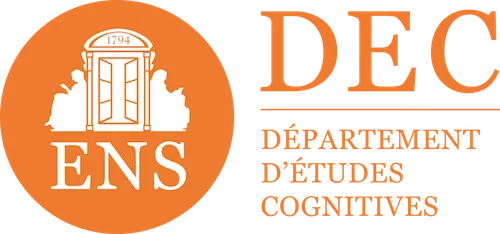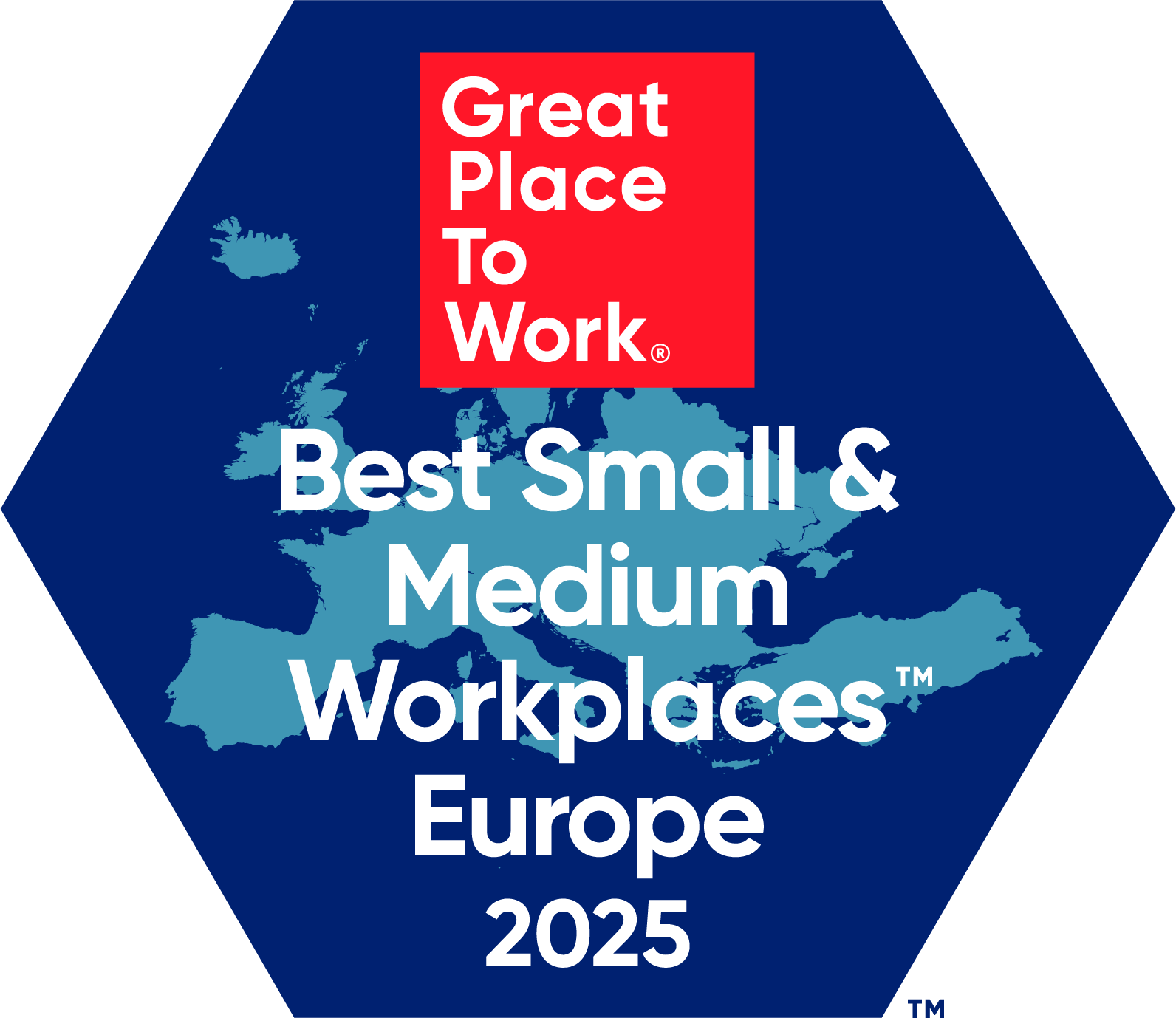

Disability at work: deconstructing prejudices through training
Disability at work: training courses to instill in everyone's minds the normality of difference.
Interview with Nicolas Planty, president of Lemon Adds
How do you make a difference a strength? The floor is given to the president of Lemon Adds, a consulting firm supporting companies in structuring their human resources. The objective of this innovative structure is to improve equal opportunities in companies and more particularly for people with disabilities. In this interview, Nicolas discusses the challenges of inclusion in business and his collaboration with Didask to create Zest, the first e-awareness dedicated to disability at work.
What are the current challenges for large companies in implementing an effective disability & diversity policy?
Nicolas Planty - If we stick to large companies, we can now say that they are quite experts on the subject, most of them having adopted a disability mission for about ten years already. However, their expertise - as good as it may be - does not make it possible to boost the employability of people with disabilities. 512,000 disabled people are unemployed, almost 20% of them, which is equivalent to double the national unemployment rate.
I would distinguish between their structural challenges and their current problems. Large companies will always have in mind to raise awareness among the work collective so that the hiring of people with disabilities is no longer a rare experience - successful or not by the way - but a perfectly banal approach, in the same way as hiring ordinary people - again, successful or not elsewhere. This is a current and ongoing issue that, according to Lemon Adds, remains the most important thing: to instill in everyone's minds the normality of difference.
But big companies, as I said at the beginning, have been hiring people with disabilities for a long time now. The challenge at the moment that seems to us the most decisive is to maintain employment.I:
1. Ensure coherent career development for these people, manage the incapacity for the position initially occupied, for example, which occurred either because of the person's disability, or because of the company itself (closure of sites, rationalization of the production tool, the emergence of new digital jobs that are not accessible, etc.).
2. Also keep people in employment who, because of their age, for example, are living with a disability. Let me remind you that 85% of disabilities occur during life.
We can also mention the recognition of the status of disabled worker. This is certainly a Franco-French specificity, but at the heart of the concerns of large companies: to establish a climate of trust within them in order to be able to give people with disabilities who do not necessarily wish to carry out this approach the same chances of succeeding as their colleagues.
What are the levers for changing practices and transforming the processes of these companies?
N.P. - I mentioned it before, so you won't be surprised if Lemon Adds invokes, again and again, awareness-raising. We are not talking about standard training courses that are often perceived as a constraint or even provided in order to reduce as much as possible an increasingly burdensome AGEFIPH contribution. No, it's about raise awareness so that the difference is accepted within large companies. For 4 years, we have realized that the most obvious “diversity” component to address in companies is disability at work. First of all, on the employer side, because a law leads them de facto to look into it. But also on the side of employees, insofar as everyone is confronted with a disability in a near or more distant way.
Making the whole company, I mean everything, aware of disability at work gradually makes it possible to change practices, to review its recruitment process, to realize how disability is everywhere in society (nearly a fifth of the French population), etc. It is not a question of imposing masterful awareness-raising formats on employees but of working to involve them. We believe that one of the keys to successful awareness-raising lies in the construction of modules that adopt a societal posture: not necessarily showing disability at work but talking about daily disability situations based on scenes that most people experience (bringing your children to nursery school in the morning, boating on a lake, traveling, etc.).
The second lever I would mention, beyond learning, consists in deconstructing prejudices. This is the biggest obstacle to the emergence of a society where everyone has a place: these apprehensions that we inflict on ourselves simply because of the judgments that our environment has led us to make about the other, the different. This is a real plague, especially in our beautiful country. Lemon Adds is positioned in B to B and we know that there is still work to be done. In fact, it will be an endless job as long as our children continue to live next to each other and not with each other. But that's another debate...
Why did you choose to collaborate with Didask for your training courses?
N.P. - The first meeting with Didask dates from May 2017. For several months now, we had acquired the certainty that we needed to offer businesses, large, medium and small, awareness-raising formats that are fun, effective and rooted in their time. The face-to-face training we provided was running out of steam and was not as effective as we imagined. At that time, we thought we would meet a lot of companies offering e-learning solutions. But in reality, working with Didask was obvious to us: beyond the very competent team that accompanied us in the realization of Zest, The pillars of Didask e-learning training that were revealed to us correspond in every way to what we were looking for : involve the learner so that he remembers what he has seen, read or heard. And, make him participate repetitively, as desired, without this ever being a constraint with modern tools and questions of a well-calibrated level of difficulty: neither too easy, nor impossible.
So we did not try to put Didask in competition for Zest Well took it from us: the tool is available, being apprenticed in one of the jewels of French industry to reach 30,000 employees over the next three years. The icing on the cake, Didask shares the values of Lemon Adds and also seeks to participate at its level in the emergence of a more just and fraternal society.
On the same subject of training on disability at work, read the testimony of Hamou Bouakkaz, politician, association manager and diversity management consultant, read the testimony of Hamou Bouakkaz, Disability in business is neither a superpower nor a curse.
Make an appointment directly with our eLearning experts for a demo or simply more information.













